The University of Minnesota will form a new task force to address abusive faculty after the Council of Graduate Students (COGS) created a petition to address what it calls a long-standing problem in graduate higher education.
The petition calls for the formation of a University body composed of graduate students, faculty, staff and administrators to address the “pedestrian, every day harassment that has characterized much of graduate education for decades, if not centuries.”
Abusive faculty behavior can include expecting students to work unpaid hours, asking students for personal favors, leaning on students for emotional support, commenting on a student’s physical appearance and threatening or exploiting a student’s position as an advisee.
Unlike sex- and gender-based discrimination, which triggers a mandatory Title IX investigation under federal civil rights law, instances of abusive faculty behavior can fall outside of existing frameworks.
The COGS speaker, president and vice president submitted the petition to University Executive Vice President and Provost Rachel Croson on April 14 with signatures from over 290 graduate students.
The petition also includes the anonymous personal experiences of 13 University graduate students with instances of abusive faculty.
“It is actually helpful to have a petition like this,” said Scott Lanyon, the vice provost and dean of graduate education at the University. “While we have been working on this in the Graduate School, addressing this issue really requires interaction from multiple offices and an institutional commitment to a solution. It helps to have students who say that this is a priority, and students will definitely be on that task force.”
Power dynamics of graduate advising
The student-adviser relationship for graduate students differs from that of undergraduate students.
“[Advisers] are the gatekeeper,” said Mattea Allert, the speaker of COGS. “They hold a potential ticket to your next job. If you are in graduate school, they can hold the ticket to your next step in graduate school or your next postdoctoral opportunity.”
Even if a graduate student is paying their own tuition, the adviser is still a pivotal part of the student’s ability to advance in their degree, said Richard Gonigam, a COGS executive committee member. A student’s ability to secure funding for their program of study can be solely in the hands of their adviser.
“If you are in a situation that ends in a severed relationship with a faculty member, there is no guarantee that you will get another adviser and be able to finish your program,” Gonigam said.
The power dynamics of such a relationship have the potential to create difficult situations for students, Lanyon said.
“The adviser has a lot of influence, usually for good, over their student,” Lanyon said. “But there is the potential for that influence to get out of control, and that is why it is a real concern. Students are really dependent on their adviser, and if that relationship goes south, it can be pretty bad.”
The Graduate Student Experience in the Research University (gradSERU) is an annual survey of graduate and professional students conducted by the University.
A department at Washington State University hosts the optional survey to ensure that the University of Minnesota cannot access identifiable response data.
“GradSERU shows us that the majority of our students are actually really happy with their advisers,” Lanyon said. “But it has long been true in graduate education that there are relatively rare graduate faculty who are really not good at being advisers or are actively abusive.”
Results from the 2019 gradSERU show that 97% of graduate students “agree” or “strongly agree” that their advisers respect them as individuals, and 83% said they would “probably” or “definitely” choose the same adviser again.
Thirteen percent of graduate students said that to either a “moderate,” “large” or “very large” extent, a poor relationship with their adviser was an obstacle to their degree process.
A decentralized approach
Although some institutions put decision-making controls in the hands of the dean’s office, the University opts for a decentralized approach and gives power to individual colleges or programs.
COGS President Scott Petty said that the University’s decentralized approach, coupled with the University’s size, can make students feel that accountability is lacking.
Lanyon said that the University’s decentralized nature makes systemic change more difficult, but he added that the COGS petition and proposed task force would be an advantage.
“I think a variety of central offices assisting colleges will lead to more systemic change,” Lanyon said. “Multiple central offices will provide guidance and support to the academic colleges where the work will happen.”
Empowering students to report misconduct
The power imbalance between graduate students and their advisers can make students less likely to report instances of misconduct, Gonigam said.
Existing frameworks allow students to use the Student Conflict Resolution Center and file formal grievances when problems arise. However, many students may see these resources as last resorts and only utilize them in dire situations, Lanyon said.
He added that the University must build trust with students to encourage them to report misconduct early on and without fear of retaliation.
“Raising concerns early on in a grievance would prevent things from getting really out of hand,” Lanyon said. “There has to be confidence that [a student] will not face retaliation for coming forward. We need to find a way to ensure that we define what retaliation is and articulate all the ways in which retaliation is unacceptable.”
Lanyon also said that as more people are aware of and educated about all types of abusive behavior, he would not be surprised to see reports of such behavior increase.
“What I want to see are reporting percentage increases from people who witness or experience this type of behavior,” Lanyon said. “If that happens, that means we have done more to establish that students feel more confident that something will happen as a result of reporting such behavior.”
Now that Croson has received the petition and agreed to form a task force, Allert said she hopes the University will make notable strides for graduate students.
She said, “Our hope is that the University is able to acknowledge the experiences of graduate students and then that the University is able to actually get something done, and that must include input from graduate students.”


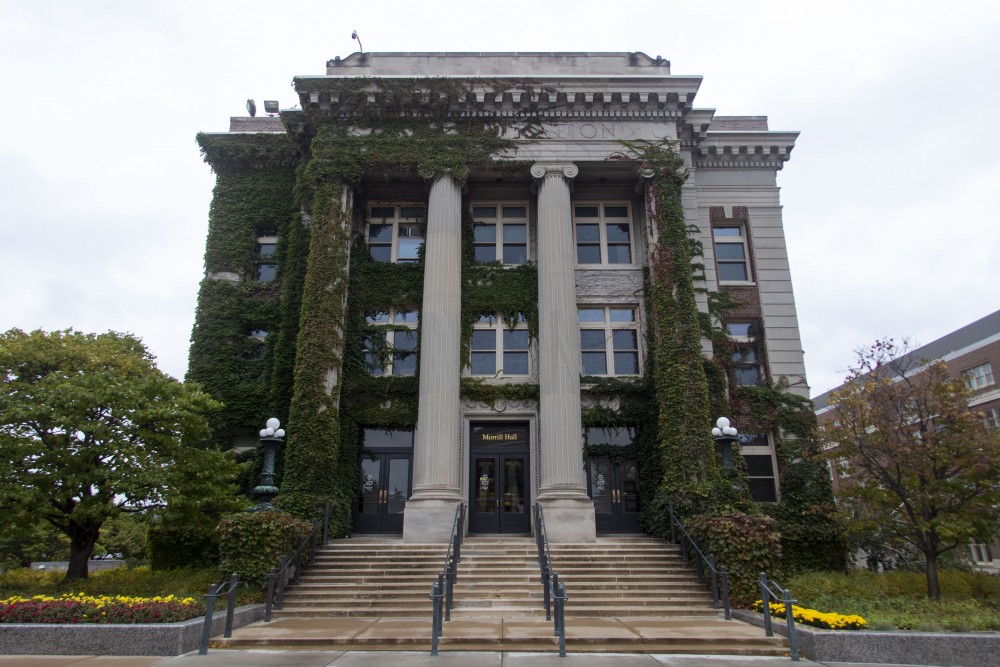





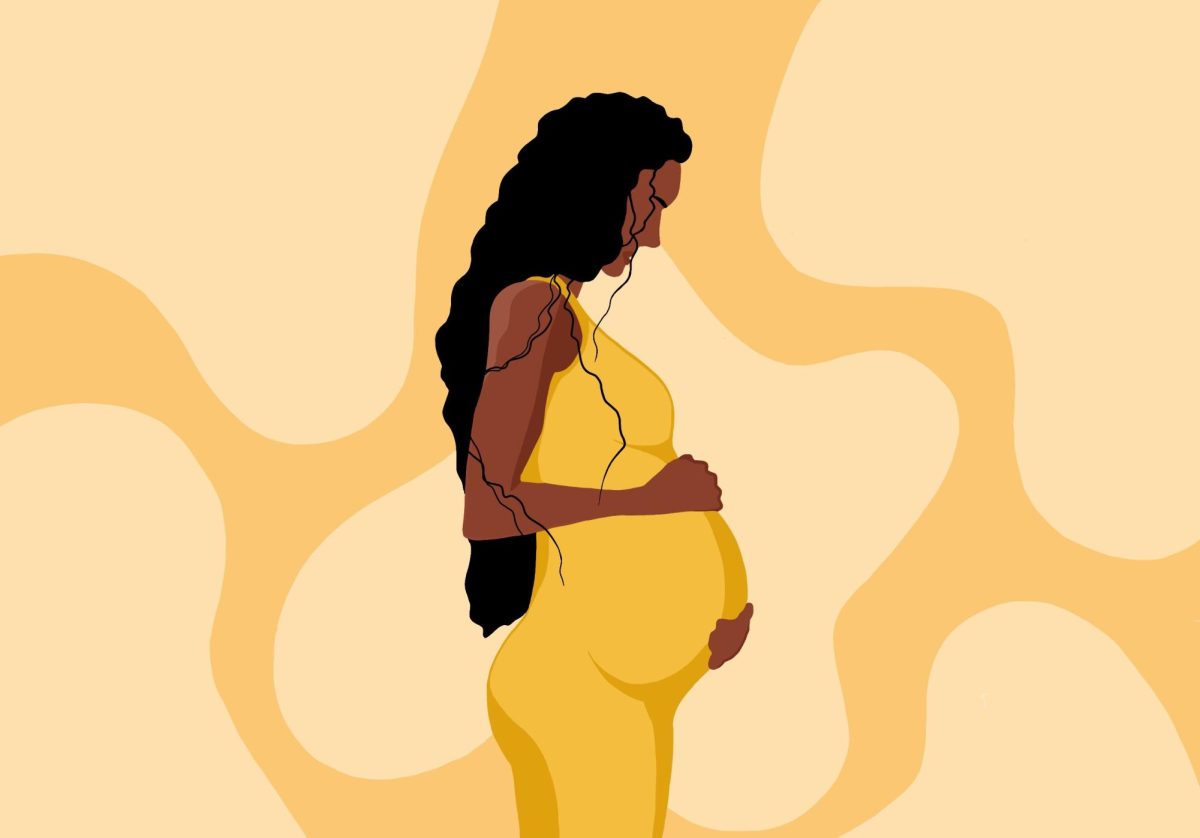
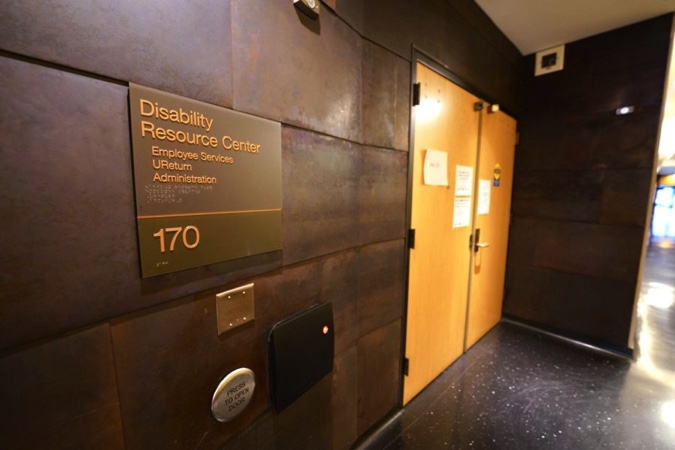
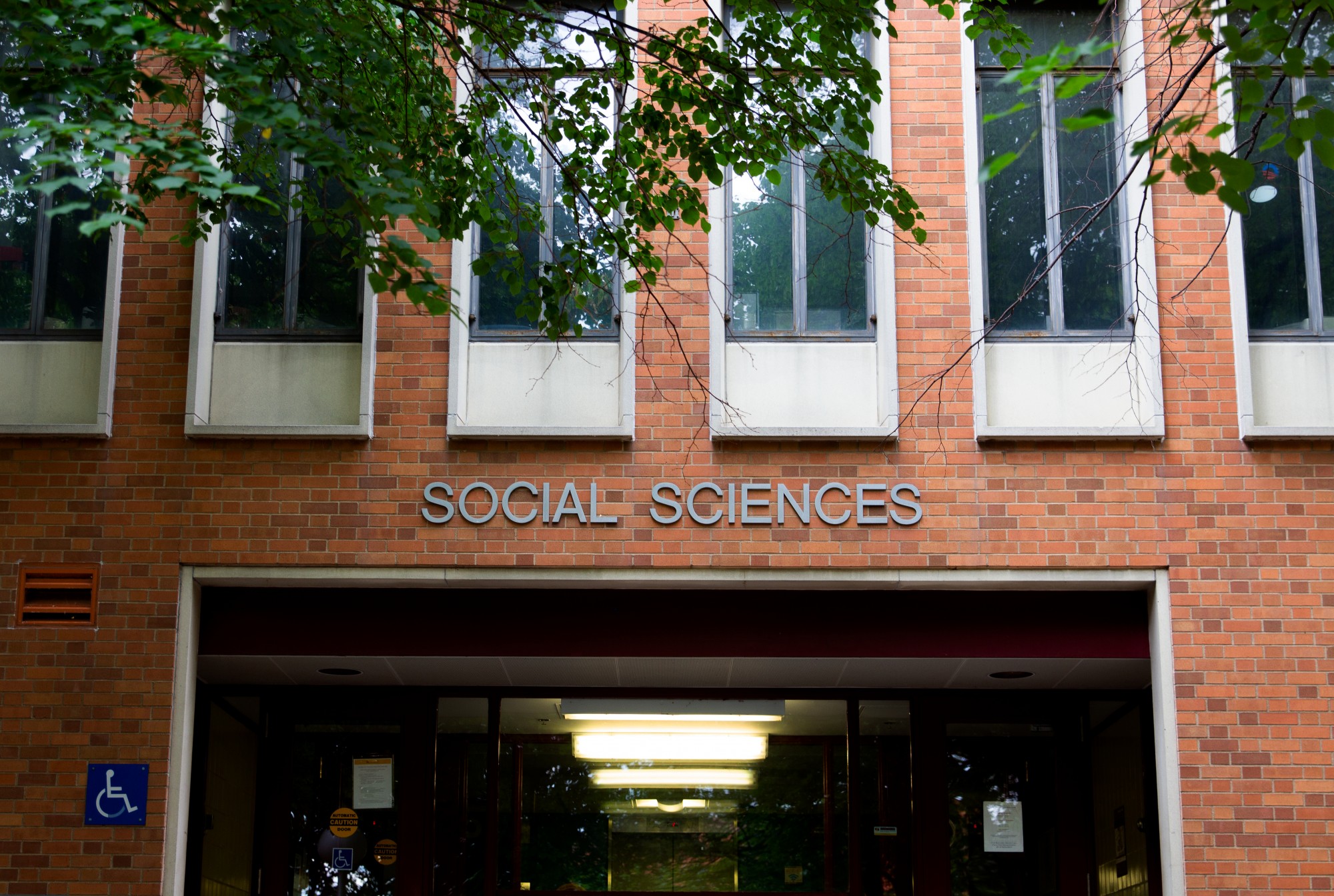
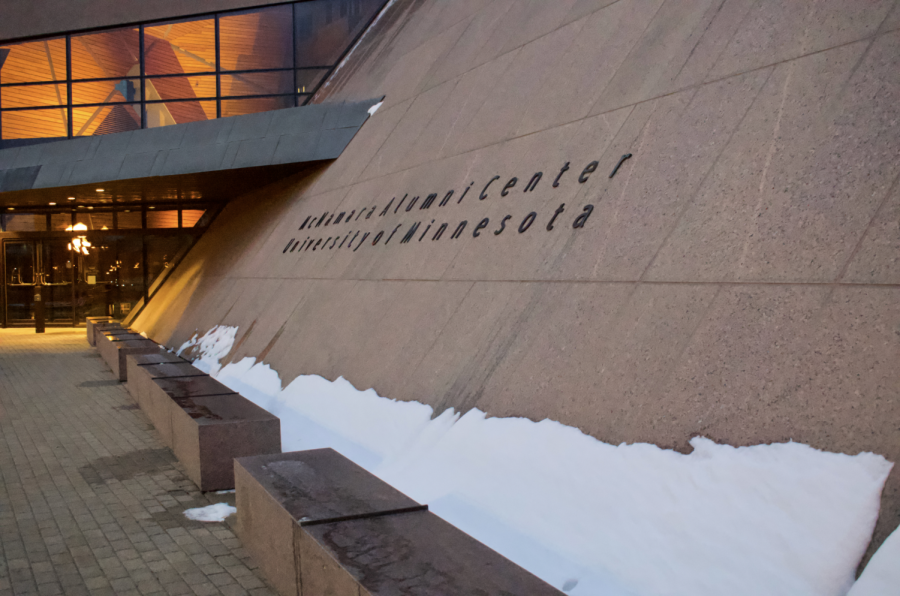

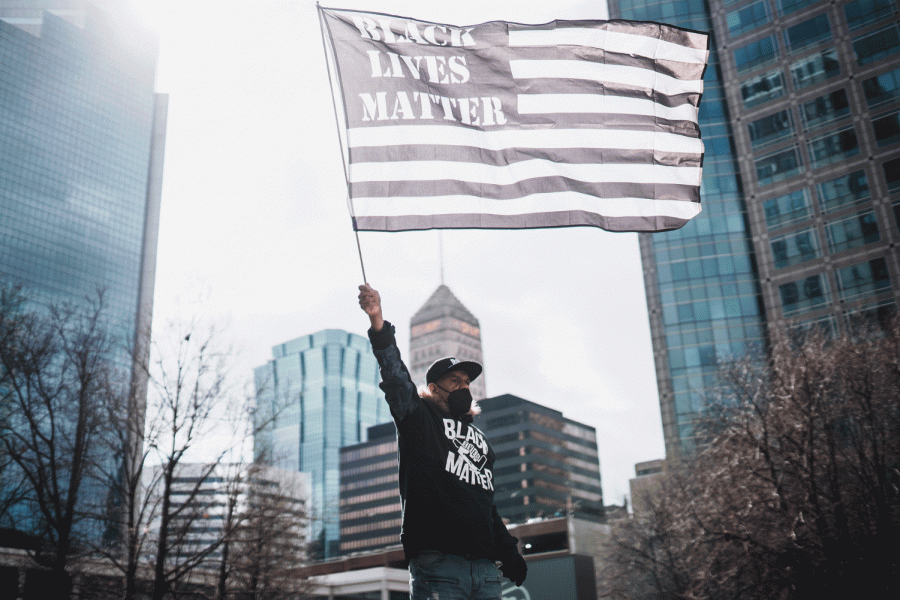





Rom
May 20, 2021 at 11:22 am
As far as the “power dynamics” goes, if an advisor wants to keep his or her students from graduating early (thus preventing the student from taking up a job or postdoc appointment), there is nothing a student can do about it. The advisor can always argue that the student is not ready to graduate with a Ph. D. There is nothing anyone can do, especially if you are dealing with a full tenured faculty. If a graduate students tries to make a big deal out this, it will back fire on the student.
Tom
Apr 30, 2021 at 10:10 am
I’m sure “abusive” will be defined as “holding opinions we don’t agree with”.
What a fantastic little Gestapo-esq climate that’s forming on campus.